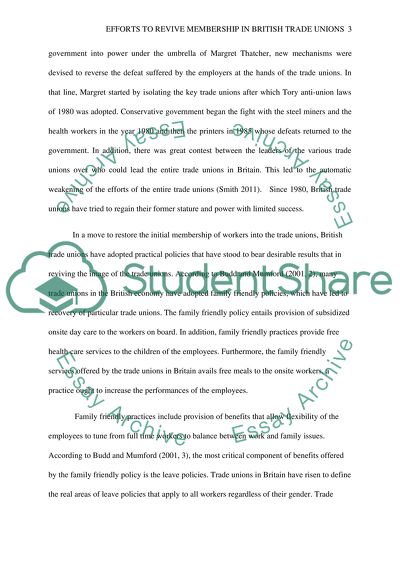Cite this document
(“Efforts to Revive Membership in the British Trade Unions Essay”, n.d.)
Retrieved de https://studentshare.org/marketing/1392081-employee-relations
Retrieved de https://studentshare.org/marketing/1392081-employee-relations
(Efforts to Revive Membership in the British Trade Unions Essay)
https://studentshare.org/marketing/1392081-employee-relations.
https://studentshare.org/marketing/1392081-employee-relations.
“Efforts to Revive Membership in the British Trade Unions Essay”, n.d. https://studentshare.org/marketing/1392081-employee-relations.


